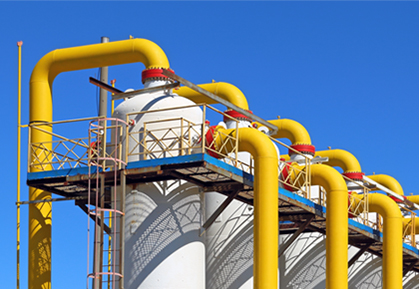Advantages and disadvantages of electric actuator

In industrial production, electronic control valve is widely used. It is composed of actuator and mechanism (valve). Electric actuators are not impeccable. As we all know, their structures are more complex, and their average failure rate is relatively high compared with pneumatic actuators. Therefore, the electric actuator is usually suitable for occasions where the explosion-proof requirements are not high and there is a lack of air source.
1、 Advantages of electric actuator
The electric actuator has the advantages of convenient energy acquisition, fast signal transmission speed, long transmission distance, convenient centralized control, high sensitivity, high electrical adjustment accuracy, convenient operation, simple installation and wiring, etc. The disadvantage is that the structure is complex, the thrust is small, and the average failure rate is higher than that of the pneumatic actuator. It is suitable for places with low explosion-proof requirements and lack of air sources.
2、 Disadvantages of electric actuator
Its structure is relatively complex and there are many faults. Due to its complexity, the technical requirements for on-site maintenance personnel are relatively high. The motor needs to generate heat when running. If it is adjusted too frequently, it is easy to cause the motor to overheat. It has both thermal protection and increased wear on the reducer; In addition, the operation is slow, and the output signal from the regulator moves at an appropriate position to make the regulating valve respond, which takes a long time. This is not as effective as pneumatic and hydraulic actuators.



